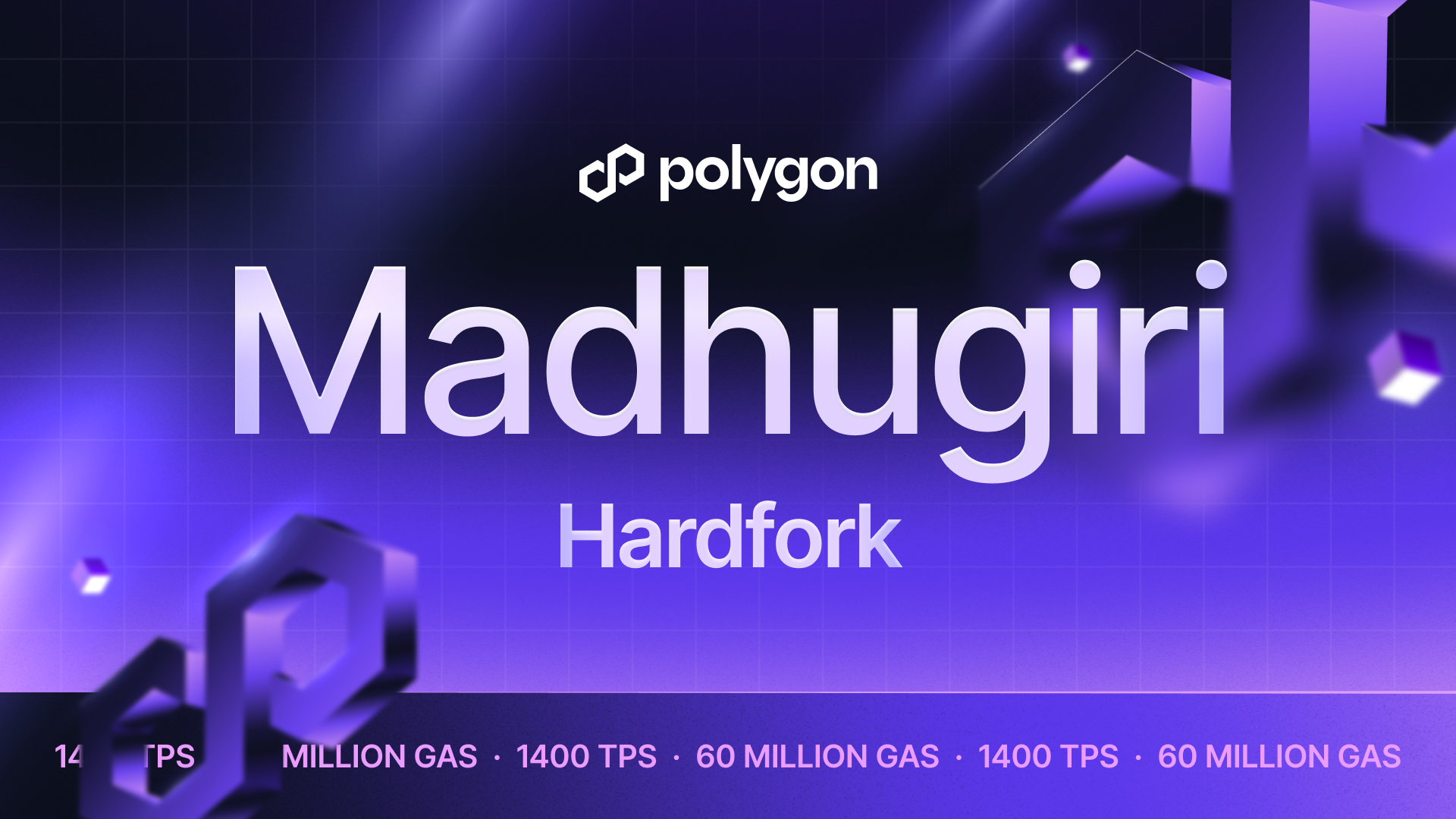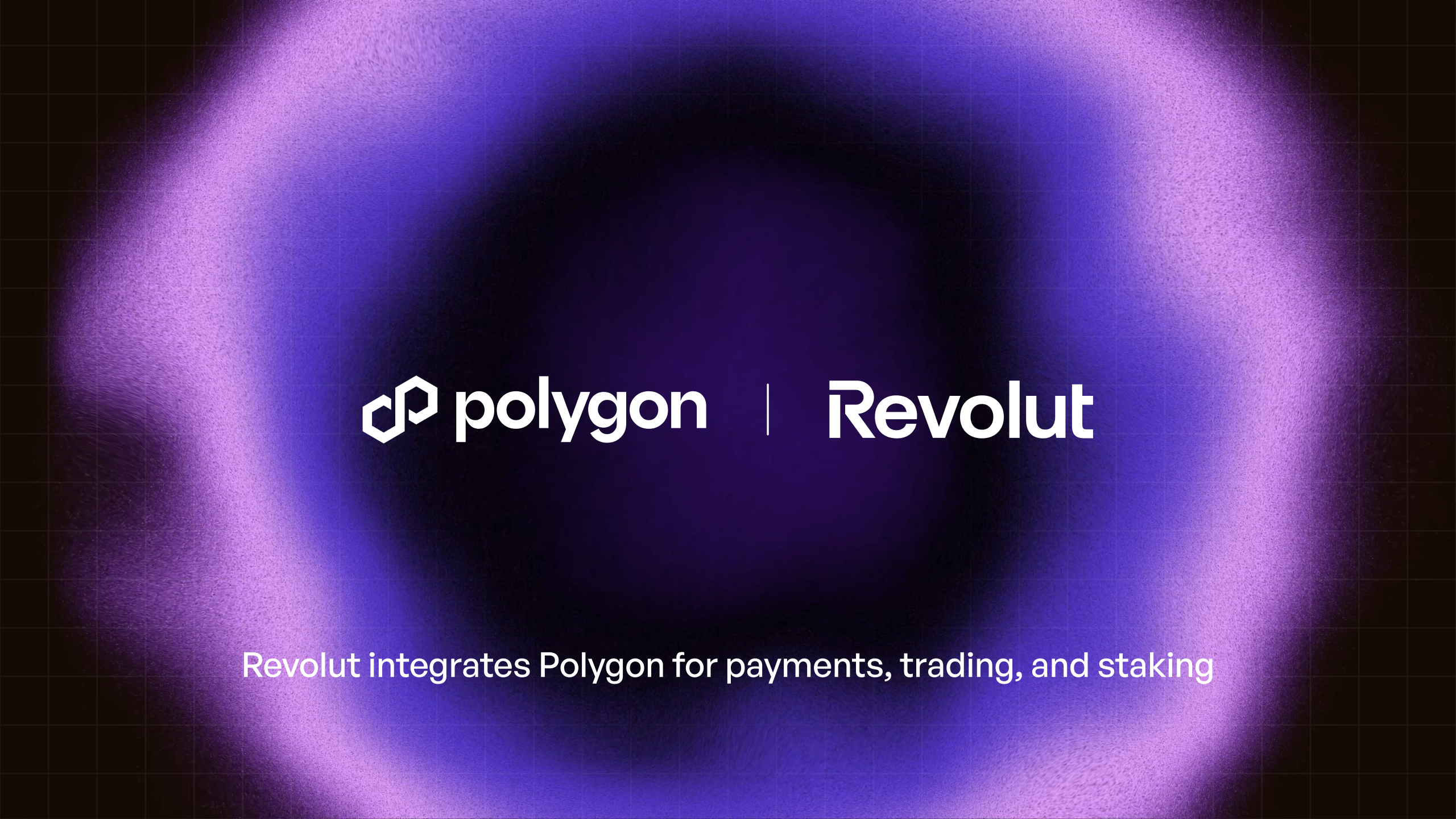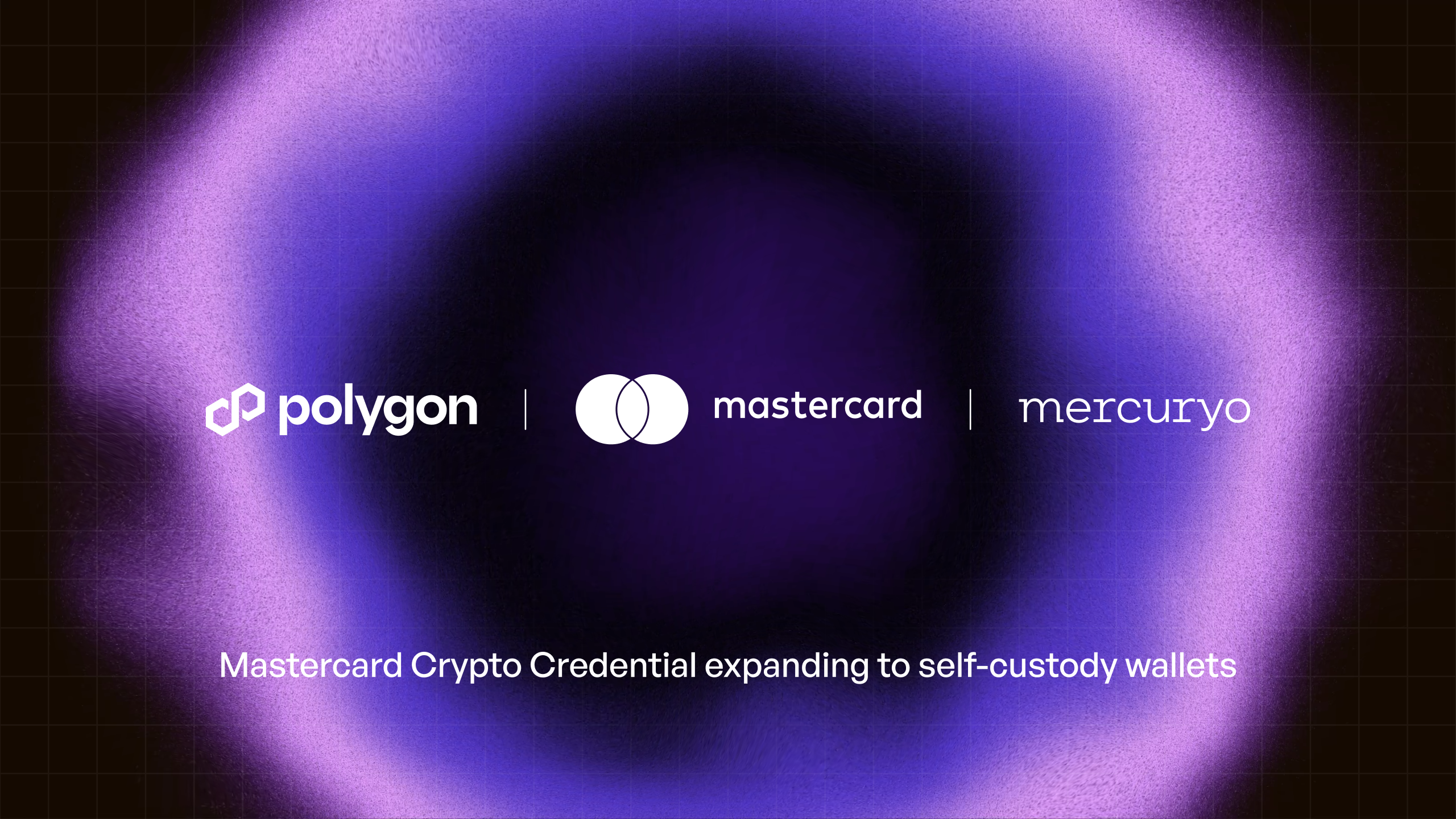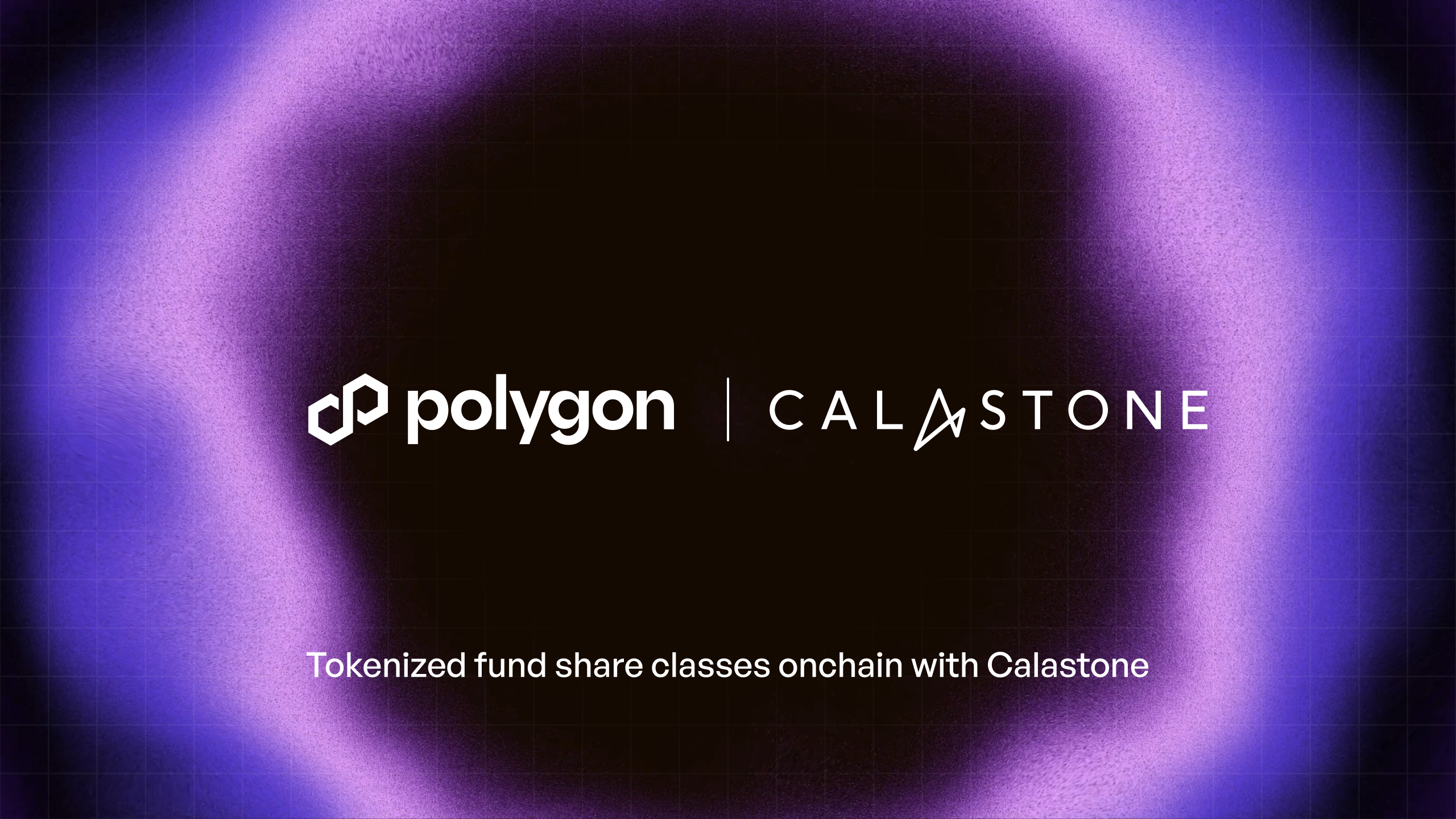Polygon zkEVM Is Now Fully Open-Source

Polygon zkEVM has been built in public from the beginning. The testnet for Polygon zkEVM was open to anyone, and the source code has been available for everyone to view.
Today, Polygon Labs is pleased to announce that Polygon zkEVM has not only launched Mainnet Beta, but it is also fully open-source under an AGPL v3 license.
This means Polygon zkEVM will not be proprietary and developers will have access to the repositories to modify, use, and distribute as they see fit. As a growing number of ZK-rollups are announced, the question of how to license ZK software, which Polygon Labs has addressed in the past, will only become more pressing.
Polygon Labs believes that, in a broader Ethereum community driven in part by the open-source movement, scaling Ethereum also means scaling these same values.
So choosing to open source Polygon zkEVM was a no-brainer, fulfilling a long-standing promise. With an innovative, modular design for a ZK-prover, Polygon zkEVM has revolutionized proof generation, for instance, and that technology can now be used by anyone under the terms of the license. But choosing which license has come with a number of considerations.
Polygon Labs has selected AGPL v3 as the most appropriate license for Polygon zkEVM, technology designed to scale the public good of Ethereum.
As a robust copyleft license, AGPL v3 obligates developers who modify or distribute the Polygon zkEVM code to make their modifications open-source under the same AGPL v3 license or a more permissive one. That means that not only current repositories, but all future modifications and distributions as well, will remain open source, ensuring the code cannot be used for proprietary purposes. While commercial applications may be derived from Polygon zkEVM’s technological breakthroughs in the future, those applications must keep their code open-source, enabling the entire Web3 ecosystem to grow and benefit from each other’s contributions.
Polygon zkEVM Mainnet Beta Has Launched
The code for Polygon zkEVM is open-source right now, in tandem with the launch of Mainnet Beta.
No new technology is risk-free, which is why, in the months before the launch of Mainnet Beta, Polygon zkEVM was rigorously audited by the best-in-class teams at Hexens, Spearbit, and internally by Polygon Labs. In the same air of openness for all things Polygon zkEVM, the finalized audit reports are being made available for the public, and any Web3 team, to read.
Still, there is always the possibility, in a beta mainnet, of undetected bugs that may disrupt network stability, put crypto-assets at risk, or cause users to lose data. Polygon Labs has outlined stringent security measures in a past post, including the temporary security council, and attendant responsibilities and efforts to help ensure the safety of everyone using the Polygon zkEVM Mainnet Beta.
As discussed, Polygon zkEVM Mainnet Beta comes with the possibilities of bugs–so as the process of battle-testing the protocol in the real world unfolds, a bug bounty has been set, with as much as $1,000,000 for documenting critical vulnerabilities.
Because Mainnet Beta is a live-fire release of Polygon zkEVM, with a centralized sequencer, open-sourcing the code will allow other researchers to follow along and modify code, in real time, as Polygon zkEVM becomes feature-complete and works to decentralize the sequencer in the future. Stay tuned for more specific details on the plans for how to do this.
Feel free to take a look through Polygon zkEVM’s Github and use as you see fit, under the terms of the license.
Polygon zkEVM is journeying to the frontiers of Web3. You can come along, or use the open-source code as a map–a way for you to get there on your own. Check out the Polygon zkEVM wiki to get started.
Follow the handle dedicated to the inner workings of ZK and scaling protocols, @0xPolygon, or head over to the ZK forum, or join us IRL at one of our many meetups during the DevX Global Tour.
Website | Twitter | Developer Twitter | Telegram | Reddit | Discord | Instagram | Facebook | LinkedIn





.jpg)
.jpg)
.png)

.png)






%20(1).png)
